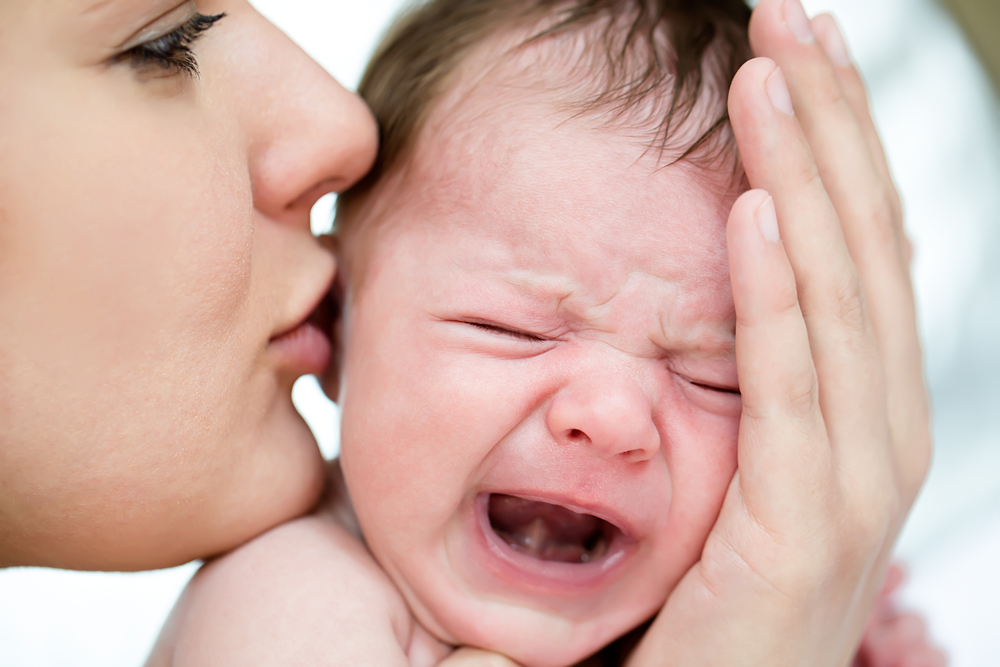
The University of Carolina study, which also involved researchers from Fuller Theological Seminary and Hebrew University of Jurusalem, included roughly 250 women who were monitored throughout their pregnancy and the first six months of their lives as mothers.
The major finding: those mothers who had positive childhood experiences with caregivers — mothers, aunts, babysitters, etc — were far more attentive to the needs of crying children. Researchers found that women with these positive childhood experiences — and those who had come to terms with negative experiences — responded in a more sensitive way to a baby’s crying.
Meanwhile, the researchers found that women who had had negative childhood experiences and those who had a history of depression and difficulty controlling emotions tended to focus more on themselves and less on children.
Ether Leerkes, a family studies professor at the University of Carolina, believes the study will help childcare providers better understand the needs of children and their parents. “Responding sensitively to infant crying is a difficult yet important task,” Leerkes said. “Some mothers may need help controlling their own distress and interpreting babies’ crying as an attempt to communicate need or discomfort.”
Leerkes went on to suggest that mothers concerned about the study’s findings look for help through home visiting programs or parenting classes that can assist parents in dealing with the stresses associated with caring for infants.



